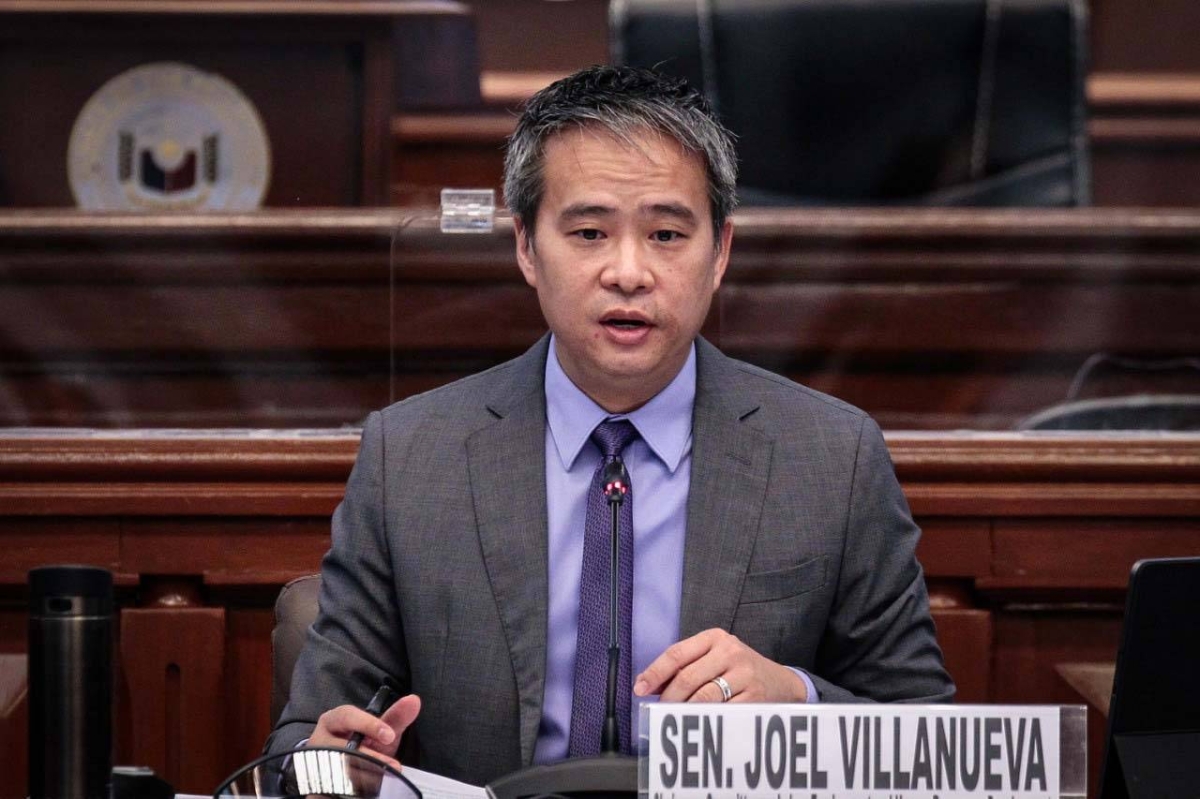Senate Majority Leader Welcomes Signing of Trabaho Para sa Bayan Act
Senate Majority Leader Emmanuel Joel Villanueva expressed his satisfaction with the recent signing of the Implementing Rules and Regulations (IRR) of the Trabaho Para sa Bayan (TPB) Act, a legislation that he played a crucial role in sponsoring and authoring in the Senate. This act, also known as Republic Act (RA) 11962, aims to tackle the pressing issues of unemployment and underemployment in the country by developing a comprehensive master plan that will coordinate all government efforts towards a coherent and cohesive employment policy.
Addressing Unemployment and Underemployment Woes
President Ferdinand Marcos Jr., who signed RA 11962 into law in September 2023, emphasized the significance of this legislation in promoting sustainable and inclusive development in the country. The TPB Act seeks to address various challenges, including the prevalence of low-quality jobs, skills mismatch, and underemployment. It also recognizes the need to update the skills of the workforce and promote the utilization of digital technologies, particularly for micro, small, and medium enterprises (MSMEs).
In his directive, President Marcos urged the council and all relevant government agencies to expedite the issuance of the IRR to ensure that the benefits of the law can be immediately realized by workers and stakeholders. This prompt action reflects the government’s commitment to swiftly implement measures that will enhance employment opportunities and support economic recovery.
Trabaho Para sa Bayan Interagency Council
To effectively coordinate and strategize employment generation and recovery efforts, the TPB Act establishes the Trabaho Para sa Bayan Interagency Council. This council is headed by the Director General of the National Economic and Development Authority (NEDA) and co-chaired by the Secretaries of the Department of Trade and Industry (DTI) and the Department of Labor and Employment (DOLE). By bringing together key stakeholders from different sectors, the council aims to craft a comprehensive master plan that will guide the nation towards sustainable employment growth.
President Marcos also emphasized the importance of harmonizing the Labor and Employment Plan 2023-2028 with the Trabaho Para sa Bayan plan. This alignment ensures that all government efforts and resources are effectively managed, maximizing their impact on job creation and economic development.
Furthermore, the President assured businesses, particularly MSMEs, of continued support and incentives to promote self-reliance and spur employment generation. This includes increased access to financing and capital, enabling businesses to thrive and contribute to the country’s economic growth.
In conclusion, the signing of the Trabaho Para sa Bayan Act and the subsequent issuance of its implementing rules and regulations mark a significant milestone in the Philippine government’s commitment to addressing unemployment and underemployment. By creating a master plan and establishing an interagency council, the government aims to synergize efforts and resources towards a coherent and cohesive employment policy. With a focus on promoting quality jobs, addressing skills mismatch, and harnessing digital technologies, the Trabaho Para sa Bayan Act is poised to make a positive impact on the country’s workforce and economic development.
Source: The Manila Times








